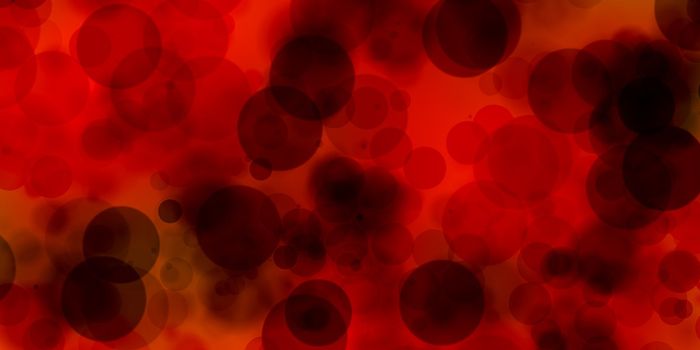Chemical Messenger Induces Cancer Promoting Qualities in Fibroblasts
Chemokines, our body's chemical messengers, play a crucial role in regulating the immune response. They are secreted by immune cells to stimulate the movement of other immune cells into inflamed regions of the body. The specific chemokine produced in a given situation can either promote or dampen the immune response, depending on the type of immune cells involved.
In the cancer setting, the accumulation of immune cells called cytotoxic T lymphocytes (CTLs) near the tumor predicts a favorable prognosis and responsiveness to some therapies, including immunotherapies. Chemokines, including CXCL9, CXCL10, and CXCL11, attract CTLs to the tumor, where they can kill tumor cells. On the other hand, chemokines like CCL17 and CCL12 attract regulatory T cells (Tregs) to tumors. Tregs inhibit anti-tumor immunity; thus, their presence in the tumor microenvironment is usually undesirable.
Chemokines can also serve as a line of communication between cells in the body. CXCL12 connects cancer cells to stromal cells facilitating metastatic spread of cancer. A recent report published in the journal Cell Death Discovery shows a new cancer-promoting role for CXCL12, and the details of the study could prove important for drug development.
The study focused on fibroblasts, cells that comprise connective tissue and secrete collagen. One subtype of fibroblasts, cancer-associated fibroblasts (CAFs), play a pivotal role in promoting tumor occurrence, development, and metastasis, and in some cases, therapeutic resistance. CAFs arise as an activated type of fibroblasts, and CAFs can facilitate the conversion of normal fibroblasts into CAFs.
The researchers aimed to understand how CAFs convert normal fibroblasts into cancer-promoting CAFs in lung cancer. The study shows that CAFs induced normal fibroblasts to become more CAF-like by upregulating proteins called α-SMA, which aids in smooth muscle contraction, and Vimentin, which facilitates cellular processes like cell migration and wound healing. In addition, these cells began to proliferate rapidly and promoted the migration of lung cancer cells.
The researchers also used mouse models to study the mechanisms of fibroblast to CAF conversion. Implanting lung cancer grafts into mice resulted in spontaneous metastasis to the lung.
The study identified CXCL12 as a critical factor in the conversion process, and the expression of CXCL12 correlated to CAF markers in lung cancer. When the researchers inhibited CXCL12 signaling, the conversion rate of normal fibroblasts to CAFs decreased, subsequently reducing the migration of lung cancer cells.
This study unveils a previously unknown mechanism by which CAFs influence the conversion of normal fibroblasts to CAFs through CXCL12 signaling, thereby promoting tumor growth and metastasis in lung cancer. The findings suggest that new drugs targeting CXCL12 signaling pathways could serve as potent anti-cancer treatments.
Sources: Cancer Gene Ther (2022), Oncogene, Cell Death Disc, Cancer Gene Ther (2021), Molec Biol Cell, Cell Mol Life Sci









